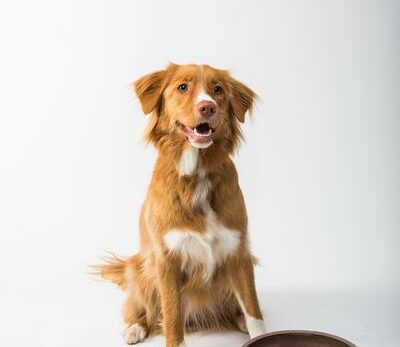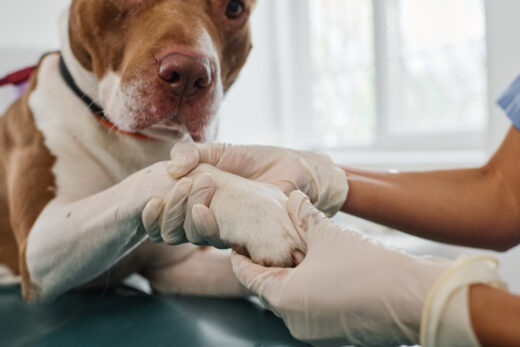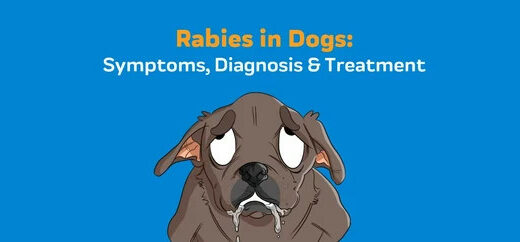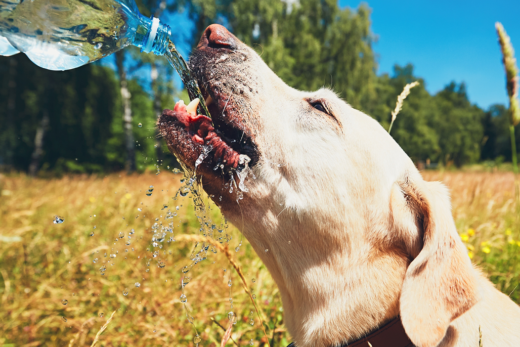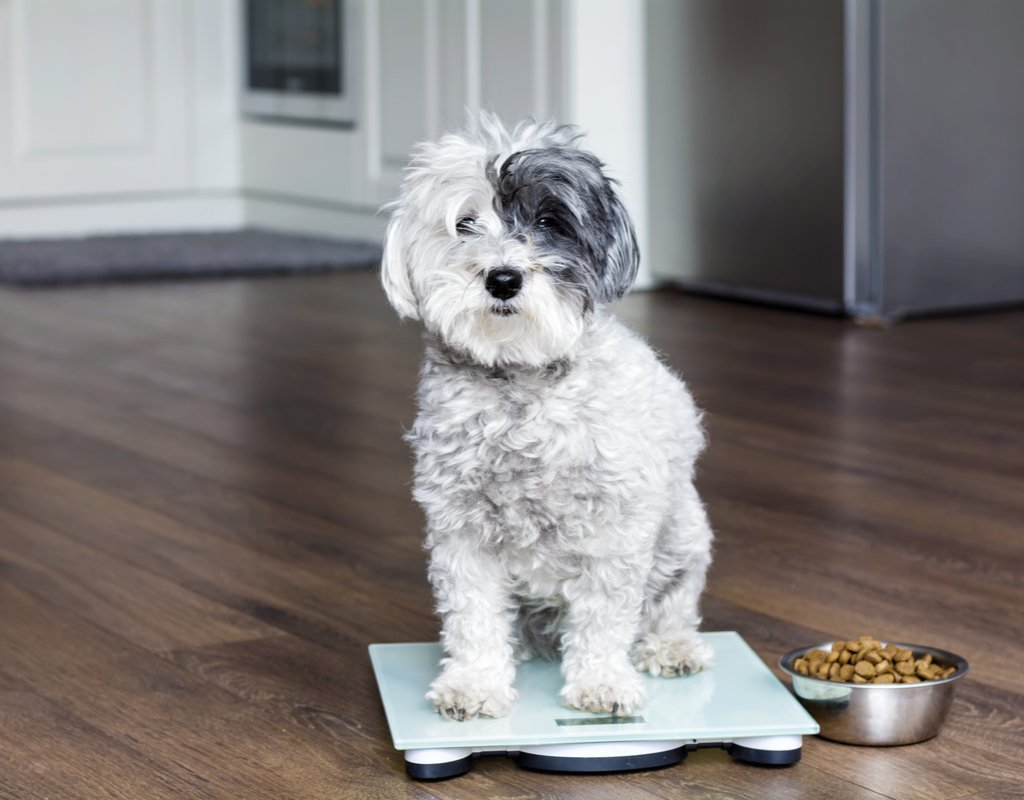
Your pupper is your go-to friend, your A1 day 1, your bestie, your companion. Of course you want to treat them to the most nutritious foods, tastiest treats, and best life there is to offer fido!
However, like us humans, obesity is a serious issue when it comes to our four-legged companions. While you and your roomies may think your furry friend is cute bein’ chubby, managing their weight is part of your responsibility as a paw parent.
In today’s article, we’ll talk about what you need to know about obesity and being overweight in dogs as well as why it’s so crucial to prevent obesity before it takes its wrath.

What is Obesity in Dogs?
According to the Veterinary Centers of America (VCA), canine obesity can be described as an accumulation of excess body fat.
We frequently hear ‘overweight’ and ‘obesity’ thrown around in conversation, but it’s really not a laughing matter. Obesity can massively impact your doggo’s life, affecting their health, overall well-being, and the quality of their precious life. Thus, taking preventative measures is crucial to ensuring that your puppers lives a long, healthy, and far from obese life.
It has been believed by experts that obesity is most of the most preventable diseases in canines, yet, almost 30% of all doggos are considered obese. Hmmm. Food for thought if you really think about it.
In addition, almost 45% of all dogs are considered overweight, between the ages of 5 – 11. So what’s the difference between an overweight dog and an obese one?
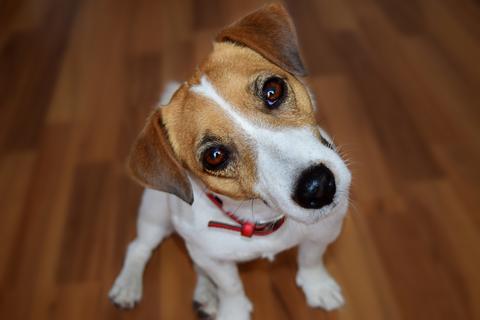
Obese vs Overweight Dogs: Which is Which?
Veterinarians can distinguish an overweight dog versus an obese dog based on their recommended body weight. If a canine weighs 15 – 20% over their recommended body weight, they are considered an overweight dog. Thus, if a canine weighs 20% or more than their recommended body weight, they are considered obese.
Paw parents, obesity doesn’t just happen in the blink of an eye. It’s important that you, as a pet parent, maintain your dog’s healthy eating habits, making changes when need be. Ignoring the issue at hand won’t help your pup in the long run.
What are the Symptoms of Obesity in Dogs?
Obese dogs aren’t just ‘fat dogs’, there are specific signs and symptoms to look for and make an awareness of. If you are able to recognize these signs and symptoms early on, you can help to reverse your pupper’s weight gain before the pounds really pack on.

